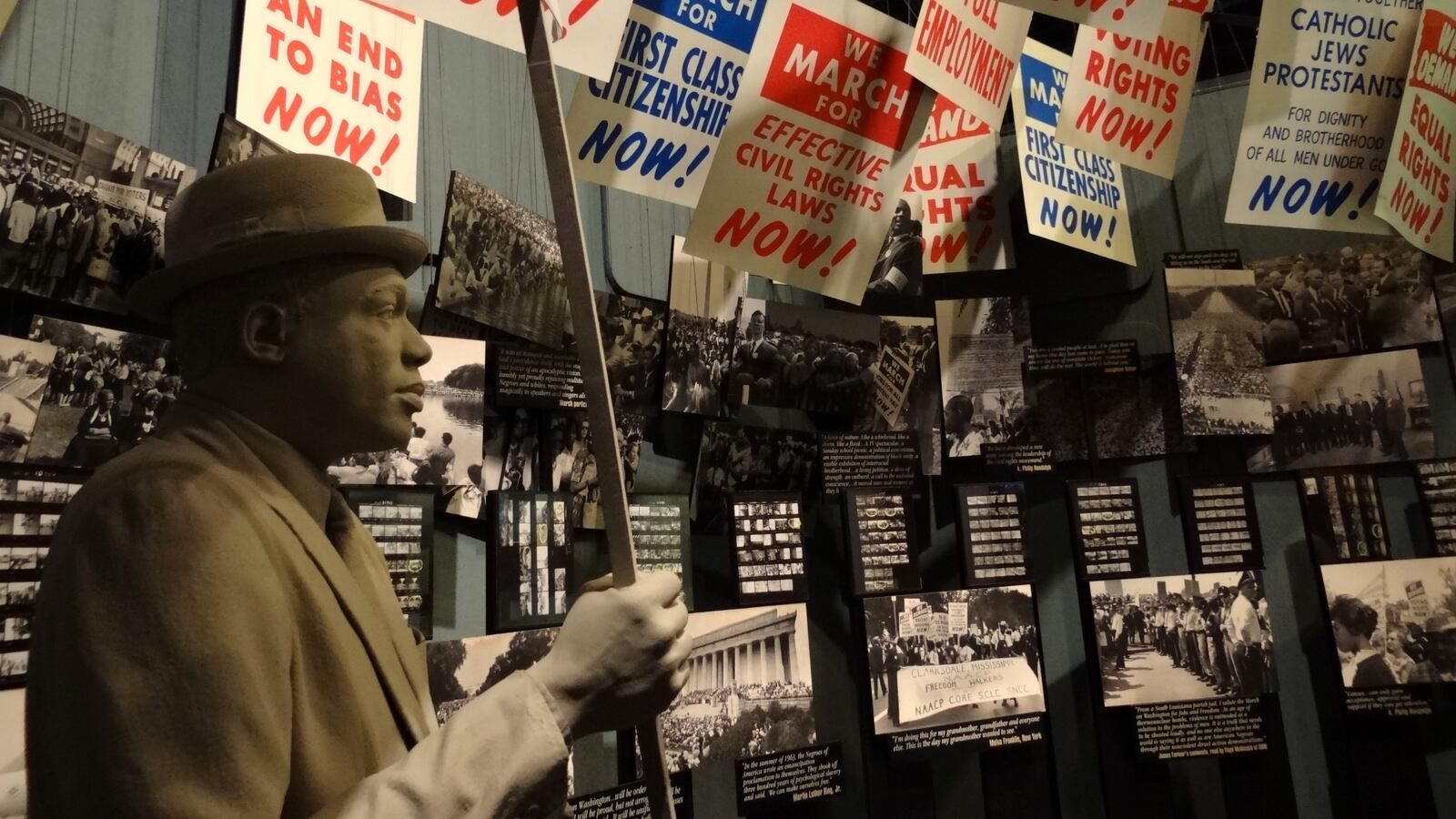Mark Finchum loves to teach his social studies students about Nancy Ward, a Native American who brokered peace between European settlers and Cherokee Indians in what is now East Tennessee.
Ward isn’t identified in Tennessee’s proposed new standards for social studies. But Finchum says that doesn’t mean she’s not important, or that his students at Jefferson County High School won’t get to learn about her. He’ll make time between teaching state standards to tell students about her, too.
Most people weighing in on Tennessee’s controversial new social studies standards have been teachers like Finchum — voices largely missing from debate that has spilled onto national media sites like Buzzfeed and The Huffington Post.
The standards have generated controversy two years in a row. Last year, concerns about an overrepresentation of Islam in seventh-grade world history propelled them to national headlines. This year, Tennessee has been derided in media reports that lessons about Islam, as well as important events in the civil rights and women’s movements, may be cut out of revisions.
Social studies, which includes civics, history, geography, and economics, has been a flashpoint across the nation in recent years, including concerns that politics and cultural values are bleeding into curriculum or textbooks. Tennessee is one of the few states to open up its standards revision process to the public, the result of a 2015 state law.
The state-appointed Standards Review Committee responded this month to the recent hoopla over social studies by extending its public review by six weeks to December. Now, Tennessee residents have more time to weigh in on what historical facts the state’s students should know at each grade level.
So far, 65 percent of reviews of the proposed standards have come from K-12 teachers, according to data presented Friday to the panel monitoring the process.
Tennessee’s review wasn’t actually due until 2018, but teachers had complained they were having to teach too many standards; then the process was hastened by controversy over instruction about Islam.
Overall, teachers participating in the review process thus far prefer the proposed standards to current ones. In the first public online review, which was open to any Tennessee resident, 64 percent of the reviews were to keep current standards, a contrast to last year’s examination of the Common Core standards for math and English, where most reviewers were happy with the existing standards.
In the last two years, Tennessee has launched standards reviews of all four core subjects, and social studies is the last one to be wrapped up. So far, the proposed social studies revision has the highest percentage of approval for standards of any subject, according to the State Board of Education.
Finchum, a former president of the Tennessee Council for Social Studies, said he welcomes a set of slimmed-down standards. Under the current ones, he’s expected to cover 105 standards in a 180-day school year. The proposed revision has only 84. Still, he isn’t thrilled with some of the cuts. He’d like a course in Tennessee history to be required instead of elective. But it’s impossible to please everyone, he acknowledges.
“Whatever the decision is, however they look at the end, I’ll agree with a lot of that, and disagree with some,” said Finchum, who attended a roundtable about the draft earlier this month in Knoxville. “There will never be a complete consensus, but trimming will be helpful.”
Other teachers say they already adapt their lessons according to current standards and expect to do the same with the new ones, which will reach classrooms in the 2019-20 school year.
Amelia Klug, a fifth-grade teacher at Valor Collegiate Academy in Nashville, says the standards are only one of many components of designing her curriculum — what materials to use in class, and how she structures lessons. The focus of her class is social justice: Is the American Dream accessible to everyone? Why or why not?
“I take the standards and ask questions that allow my students to relate history to their own lives and experiences,” Klug said. For instance, the high number of current standards only allows for two to three days to teach about the civil rights movement, so she incorporates the topic in other lessons. “I don’t necessarily feel tied back,” she said.

